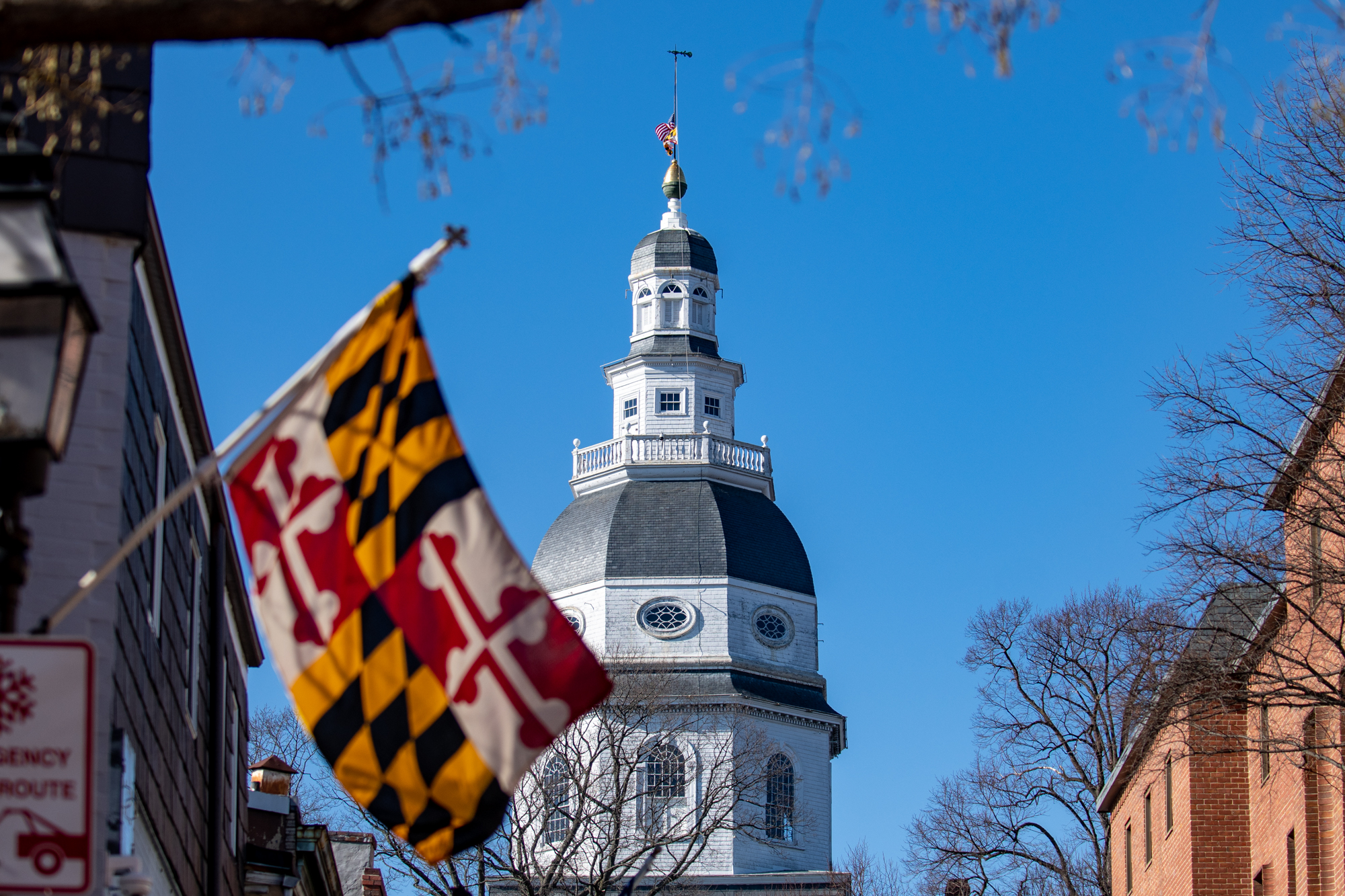ANNAPOLIS, Md. — The Maryland General Assembly is making strides to protect and broaden abortion rights in anticipation of a U.S. Supreme Court decision that could weaken federal protections.
A constitutional amendment under consideration in the House of Delegates sponsored by House Speaker Adrienne Jones (D-Baltimore County) would afford Marylanders the right to “reproductive liberty,” which includes the right for every woman to make decisions about their pregnancies.
The constitutional amendment would appear on voters’ ballots in November if approved by both chambers of the Maryland General Assembly. The referendum would allow voters to decide whether the “fundamental right to reproductive liberty” should be protected in the state constitution.
The bill is part of a legislative package introduced in Maryland’s House of Delegates aiming to protect and enhance access to abortion in the state.
Lawmakers introduced each bill in the wake of restrictive abortion bans taking effect in states around the country. A law Texas passed last year banned abortion at about six weeks of pregnancy. Other states have implemented similarly restrictive legislation.
The Supreme Court is also considering a case this spring that challenges its landmark Roe v. Wade ruling — a case that guaranteed pregnant people the constitutional right to obtain an abortion. Across the nation, 21 states have laws that could restrict the legal status of abortion if the Supreme Court overturns Roe v. Wade.
[The FUTURE Act calls for Maryland public universities to be carbon neutral]
Jones warned the House Health and Government Operations Committee that Maryland must act with urgency to protect abortion rights in the state.
“Putting reproductive liberty into the Maryland Constitution would ensure that a woman’s right to make her own decision for her own body could not be bargained for or chipped away,” Jones said during the committee’s Feb. 22 hearing on the amendment. “Reproductive liberty is under attack across the country.”
The General Assembly passed legislation in 1991 protecting the right to abortion in the state — a measure meant to protect access if the Supreme Court ruled against abortion rights in the future. The legislation appeared on a referendum on voters’ ballots in 1992, and Maryland voters approved it with 62 percent of the vote.
“Many of us felt this was a settled issue,” Jones said. “This is no longer the case.”
Opponents of the measure have criticized the need for a constitutional amendment to protect abortion in Maryland when there is already state law upholding this right. Lawmakers have also criticized the amendment for not outlining stipulations for banning late-term abortions.
“I’m afraid of what’s happening, and the message that we’re encouraging young women to say that pregnancy is a disease and there’s an easy fix to cure that disease,” said Del. Teresa Reilly (R-Cecil and Harford counties).
But proponents of the bill such as Michelle Siri, the executive director of the Women’s Law Center of Maryland, emphasized the amendment would not overturn any previously passed legislation in the state. Currently, Maryland law bans abortions anytime past viability — the point at which a fetus can survive outside the womb.
The General Assembly would also be able to regulate abortion only if it is of “compelling state interest” and done in the least restrictive means, Siri said.
Siri also sees a constitutional amendment as the only way to unequivocally protect abortion rights from future federal or state actions that could alter Marylanders’ reproductive rights.
“The question now isn’t if abortion rights will be restricted, but how badly,” Siri said. “We must act definitively and explicitly. A constitutional amendment is our strongest protection to ensure equal access to the full range of reproductive health care.”
[Immigrants risk being deported when pleading guilty. But state law may soon change.]
Another bill under consideration in the House of Delegates aims to improve access to abortion care in communities across the state.
House Bill 937, sponsored by Del. Ariana Kelly (D-Montgomery County), would work to increase qualified abortion providers in the state by repealing a legal restriction that prevents nurse practitioners, nurse midwives and physician assistants from providing abortion services.
Two out of three Maryland counties have no abortion provider, Kelly said. The lack of access across the state has a “tremendous impact” on patients’ ability to access care.
“The problem is only going to get worse,” Kelly said.
The bill’s current version is a merger between the original House Bill 937 — which targeted just abortion care providers — and House Bill 952, another piece of legislation sponsored by Kelly that expands access to abortion care coverage in health care insurance plans across the state.
Kelly’s bill also retains existing religious and moral protections for health care providers who choose not to provide abortion care.
Supporters of the bill amended its language after its House committee hearing to include a stipulation for insurance companies to opt-out of covering abortion for religious or moral reasons without also having to opt-out of covering contraception.
Kelly’s merged Abortion Care Access Act passed out of the House committee on Friday with these amendments. The reproductive rights constitutional amendment also passed out of the committee Friday without amendments.
The Abortion Care Access Act and the reproductive rights amendment will be debated on the House floor in the coming weeks.



